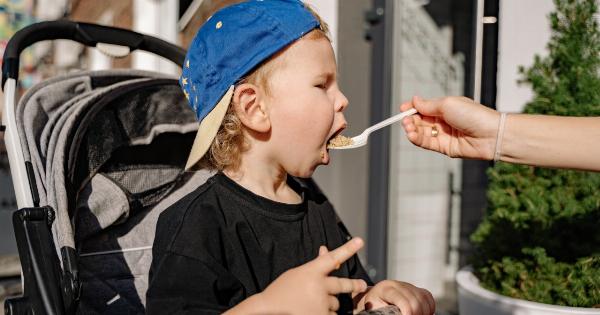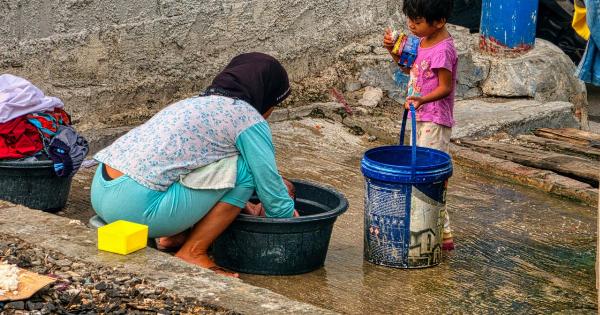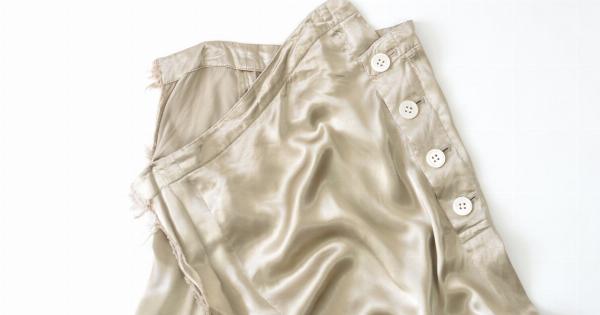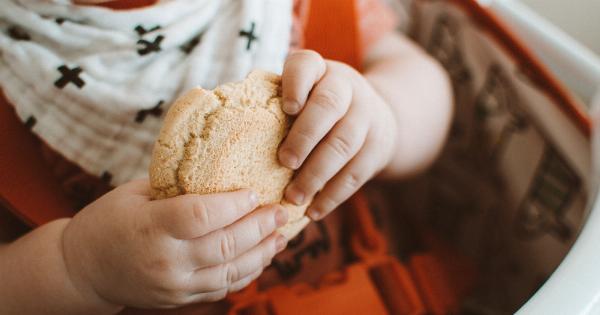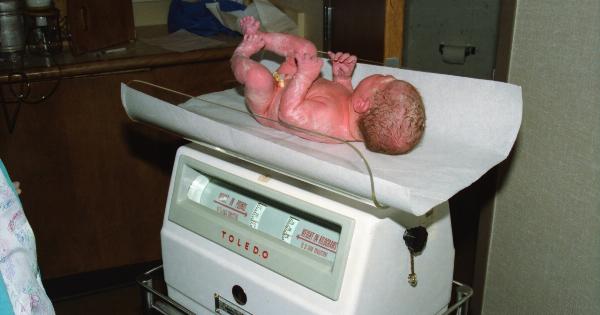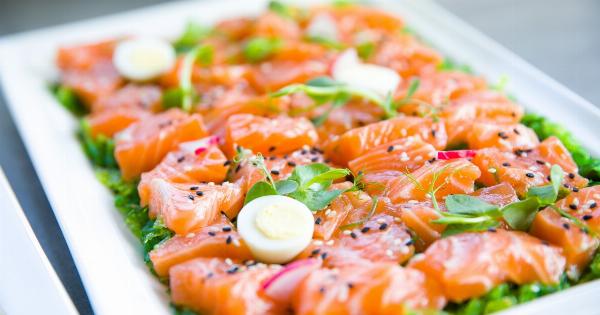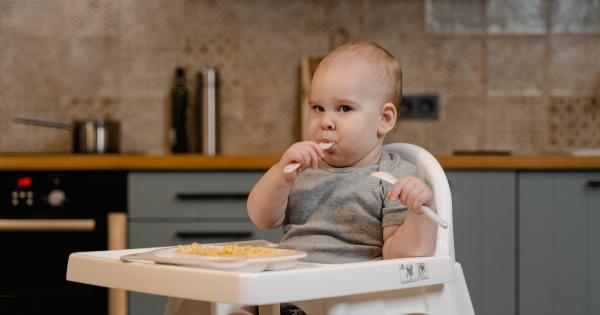Babies need a balanced and nutritious diet to grow and thrive. As a parent or caregiver, it’s essential to ensure that the food you offer to your baby is safe and healthy.
While there are numerous foods that are excellent for babies, there are also foods that can be dangerous. Knowing what foods to avoid is crucial to protect your baby from harm. Below are nine foods that are unsafe for your baby.
1. Honey
Honey is a natural sweetener that many people enjoy. However, it’s harmful to babies under one year old. Honey may contain botulinum spores, which can cause botulism, a rare but fatal type of food poisoning.
Babies’ digestive tracts aren’t mature enough to destroy these spores, making them vulnerable to botulism. Symptoms of botulism include constipation, weakened crying, weak respiratory muscles, and lack of appetite. If you suspect your baby has botulism, seek medical attention immediately.
2. Cow’s Milk
Babies aren’t ready for cow’s milk until they reach one year of age. Cow’s milk is high in protein and minerals, which can strain a baby’s kidneys and cause iron deficiency.
It can also cause an allergic reaction, which can be life-threatening for some babies. It’s best to stick to breast milk or infant formula for the first year of your baby’s life.
3. Nuts and Seeds
Nuts and seeds are packed with healthy nutrients, but they aren’t safe for babies under one year. They are choking hazards that can easily get stuck in a baby’s throat.
Additionally, many young children are allergic to nuts, which can cause severe allergic reactions called anaphylaxis. It’s safer to wait until your baby is at least one year old before introducing nuts and seeds to their diet.
4. Salt
Salt is essential in cooking, but it’s not needed in a baby’s diet. Too much salt can lead to dehydration and kidney damage. Babies only need a small amount of salt to meet their daily sodium needs.
Avoid putting salt in your baby’s food, and read food labels carefully to ensure you aren’t giving them foods that are high in sodium.
5. Sugar
Sugar is everywhere, and it can be challenging to avoid it. However, sugary foods and drinks have no place in a baby’s diet. Sugar can damage your baby’s teeth, cause obesity, and lead to high blood sugar levels.
If you’re looking for a sweet treat for your baby, try mashed fruits or unsweetened applesauce.
6. Choking Hazards
Babies have a strong gag reflex to protect them from choking. However, some foods can still pose a choking risk. Foods that are small, hard, round, or sticky can quickly get lodged in a baby’s throat.
Examples of choking hazards include popcorn, grapes, hot dogs, large chunks of meat or vegetables, gum, and candy. Cut food into small pieces and avoid giving your baby foods that are difficult to chew.
7. Raw or Undercooked Meat, Fish, and Eggs
Raw or undercooked meat, fish, and eggs contain harmful bacteria that can cause food poisoning. Babies’ immune systems aren’t strong enough to fight off these bacteria, making them more susceptible to illnesses.
Always make sure that meat, fish, and eggs are cooked thoroughly before giving them to your baby.
8. Citrus Fruits
Citrus fruits, such as oranges and lemons, can irritate a baby’s digestive system. They are also acidic, which can cause diaper rash and discomfort.
It’s best to wait until your baby is at least six months old before introducing citrus fruits to their diet, and always monitor for any signs of discomfort or allergies.
9. Highly Processed Foods
Processed foods, such as chips, soda, and candy, are packed with additives, preservatives, and sugar. These foods have no nutritional value and can lead to obesity, high cholesterol, and other health problems.
It’s best to avoid highly processed foods altogether and focus on providing your baby with whole, nutritious foods.
Conclusion
Babies have delicate digestive systems, and it’s crucial to ensure that the food you offer them is safe and healthy. Avoiding unsafe foods is an essential part of keeping your baby healthy, happy, and thriving.
Always consult your pediatrician if you have any questions or concerns about your baby’s diet.

